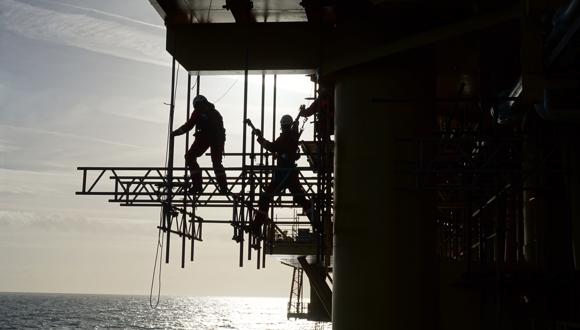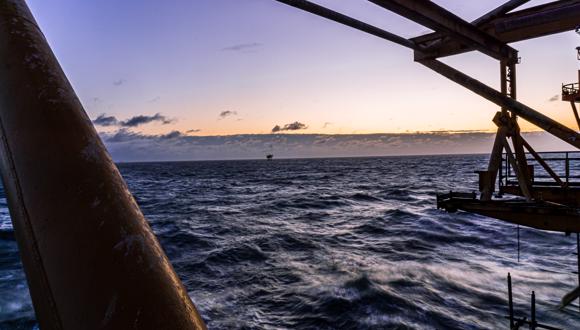Mon, 14 November, 2022
Why did price of oil and gas keep going up…?
In March 2021, OilPrice.com listed US Brent Crude as trading at $63.69 per barrel, and on Monday 28 February 2022, that price was over $100. In June 2022, the price passed £120, and consumers are beginning to feel the effects.
The unprovoked Russian invasion of Ukraine, geopolitical tension and a supply vs demand crises have all come together to drive oil prices ever higher.
The price then rose beyond $100 a barrel despite governments attempting to reduce the impact on their populations by releasing reserves, such as the action taken by the US Government in November 2021.
As a result, companies such as BP, Exxon Mobil and others are starting to see record profits for recent times.
Even taking into account the coronavirus pandemic and rising sales in electric vehicles, demand remains high for crude oil, and an increase in commuters returning to workplaces across England may see it rise yet further.
Demand is something that is often difficult to forecast. And in elections political parties have been under increasing pressure to reduce drilling due to changing public attitudes around environmental concerns.
Speaking to the New York Times, Louise Dickson, Oil Markets Analyst for Rystad Energy said that unplanned outages flipped what was expected to be a surplus into a large production gap. This has been particularly the case around markets in Ecuador, Libya and Kazakhstan, where disasters and politics have affected output.
However, the largest factor increasing barrel prices in recent weeks has been the war in Ukraine and the sanctions placed on Russia.
In April 2022, news headlines began to be dominated by gas price rises as energy companies feel the squeeze.
Russia is the world’s largest natural gas exporter and has taken action to restrict supplies to European nations.
 Engineers working on an offshore structure. Photo: Unsplash
Engineers working on an offshore structure. Photo: Unsplash
What trends are influencing the future of the oil and gas industry…?
Stephen Anarah is the Oil & Gas and Energy Transition Manager at TWI Ltd, and within his role meets many of the world’s hydrocarbon companies to discuss their needs for research and innovation.
He says that, “The oil and gas industry is going through significant changes to meet the modern demands of carbon-free energy systems, energy efficiency and global digitalization. Driven by these new trends, energy companies are looking at how to make their operations more efficient, safer and smarter."
"To this end, current and future technology trends that will shape the industry revolve around digitalization, such as AI, Big Data, Predictive Maintenance, Analysis tools, Robotics & Automation, Virtual & Augmented Reality and 3D / Additive Manufacturing just to mention a few. These technology trends will allow oil and gas companies to re-define their operations and value proposition in a changing energy market."
Find out more about our Oil and Gas Engineering MSc and how this industry focused course can boost your career opportunities.
 Oil and Gas structures experience tough environmental challenges. Photo: Unsplash
Oil and Gas structures experience tough environmental challenges. Photo: Unsplash